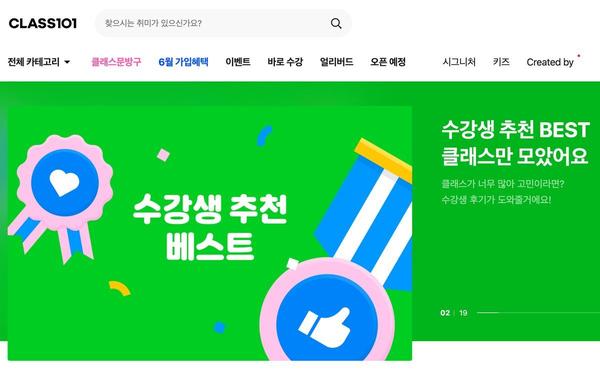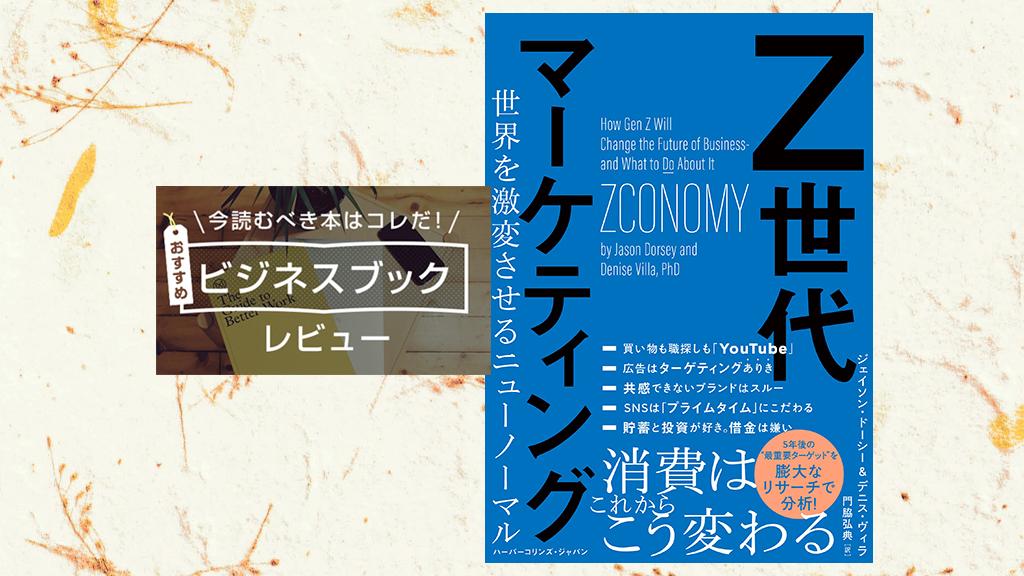Last time, I took a look at the cutting edge of online education, focusing on the trends and cases of the United States and China, which are "advanced countries in online education."
Both countries have the understanding of users, the players who lead them, and the technologies that support their services, and the influence of the new Corona has sprung up the momentum that "must change" in the entire domestic market, and online education is rapidly advancing. You can see that it has penetrated.
But what about countries where users aren't so conscious of online education? For countries such as Japan, which have maintained a high level of education based on face-to-face education, it is easy to imagine that it would be very difficult to substitute this educational experience online as it is.
Therefore, this time, while taking up the neighboring country of South Korea from such a viewpoint, after inputting from the maintenance and improvement of the quality of education to the understanding of students and teachers, we extracted the suggestions of the policy to change the current situation of Japan. I want to go.
South Korea aiming to break away from "online education underdeveloped country"
Many of you may have heard that South Korea is an "educational society" that surpasses Japan. While there is so much interest in education, the reality is that the online education market is not that big.
In 2004, the Korean government enacted the "e-Learning Industry Development Law" to support the digital industry, and the e-learning market in 2019 will increase 2.7 times from 2005 to 3.8 trillion won (about 375 billion yen). became. However, since the US is about 2010 billion US dollars (about 22 trillion yen), it can be seen that there is only about 1/50 of the market.
However, the tide is changing in South Korea as well. First of all, the contents of e-learning, which used to focus on studying for entrance exams and teaching foreign languages, are diversifying. Specifically, the proportion of foreign language education in the field of e-learning has decreased by about 10% in the last five years, and instead, education for preschoolers and hobbies / education have increased, so there is no content so far. It is expanding into various fields.
The most notable service that is currently driving the trend in South Korea is "CLASS 101," which provides an "online hobby / education platform." Only more than three years have passed since the launch in March 2018, but the cumulative number of unique visitors is about 32 million, and the number of lessons offered is about 1900, and it has already expanded into Japan and the United States.
"CLASS 101"With this service, people who have a hobby to be taught can start their own classes, and those who want to start learning can learn from their favorite teachers. Among them, the big differentiating point is the lesson teaching material called "kit".
In response to the student questionnaire, "I don't know what to prepare for the lecture," I added a service to deliver the materials and materials required for the lesson to the students, which was a big hit. In fact, it seems that many classes are premised on having a "kit". Popular classes include exercise, art, and skill improvement, but there are also classes where celebrities serve as instructors and popular YouTubers teach financial tech, and their popularity is likely to continue in the future due to the influence of the new Corona.

Japan has no leaders in both the public and private sectors, and the needs for online education have not become apparent.
So what about Japan? As I mentioned last time, about 80% of universities are doing some form of online education in the wake of the new epidemic. In addition, many readers may have begun to use online English conversation and distance learning systems from the Korona-ka, and feel closer to the online education as a skin sensation.
However, the market size of online education services in Japan in 2020 is 246 billion yen, which is far from the United States and does not reach South Korea. Without it, the need to respond to online education services has not yet become apparent among the public, which could be expressed as follows.
So which player can take leadership in Japan in the future? Since the movement of the nation is difficult, let's think about it under the initiative of the private sector.
How to establish online education in Japan
How about the following as a guideline for services that should be considered from a UX (user experience) perspective when bringing education online?
"In replacing existing education online, we can enjoy the value of online without compromising the original appeal of UX."
Due to the issuance of a state of emergency due to the spread of the new corona infection, most of the university classes were once completely distanced, but now the proportion has decreased, and instead, face-to-face and remote use is used in total 9 It seems to occupy a percentage. This case suggests that UX cannot be maintained simply by replacing existing education online.
Then, for example, why not try designing a service that assumes face-to-face and remote control from the beginning? That way, it will be an attractive service that allows users to enjoy the delicious parts of online without compromising the UX so far.
In addition, as seen in the use of behavioral data provided by China's "Monkey Guidance," the technology utilized through online solves potential problems that users have not been aware of before, and is a new educational UX. It also leads to the production of. In this way, creating a new UX while preserving the existing UX will create an opportunity for users to become aware of their own needs and trigger the expansion of the Japanese market.
"Monkey guidance"Service examples that lead online education in Japan
The following is a chaos map released by our company (Mediaseek) the other day, which classifies the main players promoting online education in Japan into each category.
We have updated the user's UX and picked up mainly services that have the potential to lead online education in Japan in the future, so please refer to it. Let me introduce some of these.
The programming school "DMM Web Camp" offers a wide range of learning programs online, from those who have no programming experience to active IT engineers who aim to improve their skills. It is characteristic that it supports not only learning but also subsequent employment and job change. In the course where programming inexperienced people learn in a minimum of 3 months, we are committed to improving the careers of students, such as refunding the tuition fee in full if they do not decide to change jobs or find employment.
"Miroom", where you can watch lesson videos such as crafting and making sweets for 2178 yen per month, is an "online hobby / education platform type" service introduced in the case of Korea. You can also buy a kit that includes the materials and tools used in the lesson at a bargain price. Until now, cultural centers with classrooms were the mainstream of the hobby / liberal arts course business, but it is expected that the market players will change as these services increase.
"Mi room"According to a report by Mitsubishi UFJ Research & Consulting, when we asked students about "problems with using online lessons," they said, "I couldn't change or transfer reservations, etc." in addition to the lesson content, instructor, and communication quality. The result was that there were many dissatisfactions with "management work (reservation management, transfer, etc.)" such as "the tuition fee continued to be deducted even though the contract was canceled." There are many aspects that can be solved by introducing a system to such dissatisfaction with management work. For example, there are many management services such as "My Class Remote" that can deliver online lessons in addition to the management functions of multiple instructors, courses, classrooms, and students provided by our company, so please meet the requirements of each school. Please refer to it.
In all two articles, while introducing the situation in other countries and advanced cases, Japan's issues were extracted and suggestions that would be one of the solutions for private online education providers were presented. It may seem slow in the field of online education in Japan, as the recipient must understand the needs in order to provide the service, but as in the case of other countries, The market can expand rapidly, triggered by one measure or service. From the standpoint of a business operator, I think that new innovations will be born by first facing the users themselves and then thinking back to the existing UX.
[Author information] Media Seek Co., Ltd. Provides custom-made system development solutions, school management system package "My Class" born from abundant development results, LMS (learning management system), various websites, and smartphone apps. ing. My Class has been introduced to major cultural schools and has been in operation for over 10 years. In November 2020, the online lesson management platform "My Class Remote" was launched to support school operators going online.




